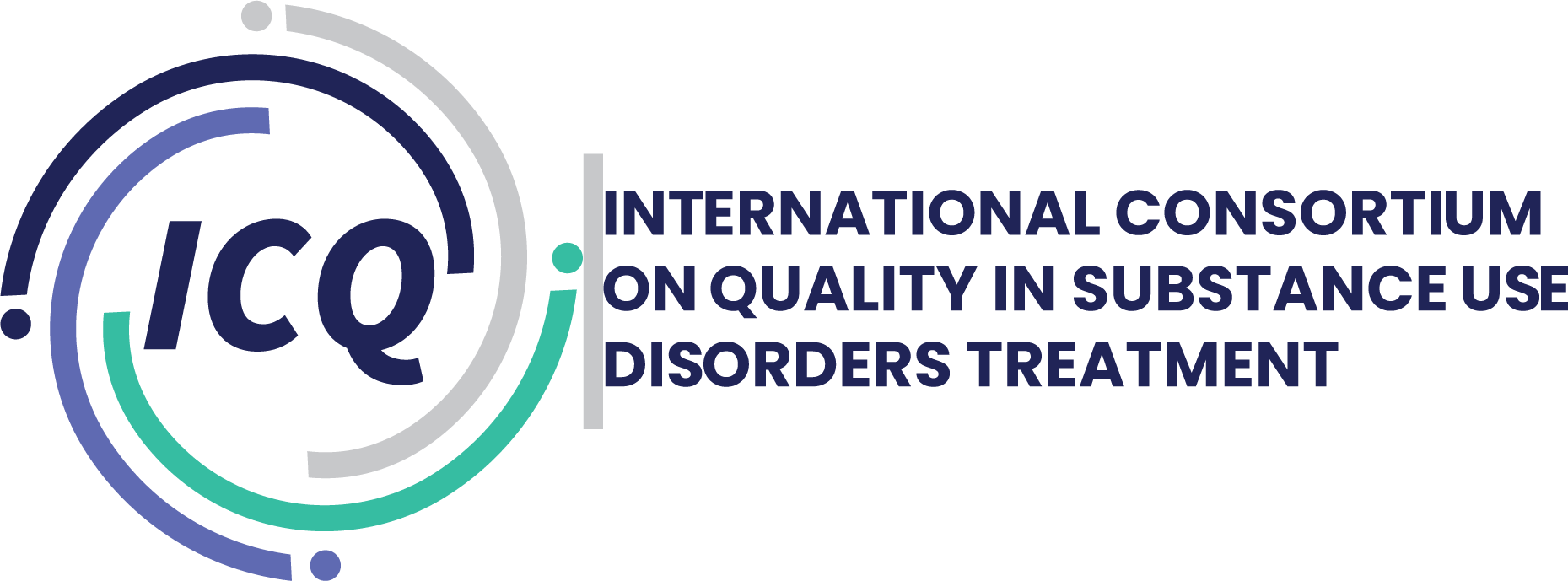Applying interventions designed to reduce and manage the symptoms of substance use disorders.
Treatment
The Integrated Recovery-Oriented Nursing (IRON) Care Model: A Theoretical Framework for Optimizing Addiction Treatment Outcomes
Abstract Title: The Integrated Recovery-Oriented Nursing (IRON) Care Model: A Theoretical Framework for Optimizing Addiction Treatment Outcomes Authors: Ahmad Muneer, MSc, RN; Hessa Abdel Qader, MSc, RN Affiliations: Maudsley Health, Al...
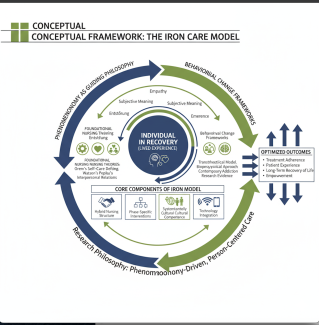
Developing a Holistic and Inclusive Competency Framework for the Addiction Workforce: Insights from a Transdisciplinary Team of Addiction Professionals
INTRODUCTION: The addiction workforce encompasses a diverse group of professionals across various sectors, such as prevention, harm reduction, treatment, and recovery. Training for this workforce is highly variable both at local and...
Harm Reduction Framework: Intervention Strategy for Substance Use Disorders
The purpose of this article is to outline an intervention strategy for substance use disorders using Harm Reduction as a framework. This paper provides guidelines for the reader on Harm Reduction, Principles of Harm Reduction, and how to...
Annual Drug Report
Summary Drug addiction is a complex and multidimensional social problem. Drug-addicted families never fully recover from the anxiety and suffering their experience. In any country, drug abuse, illegal trafficking and associated criminal...
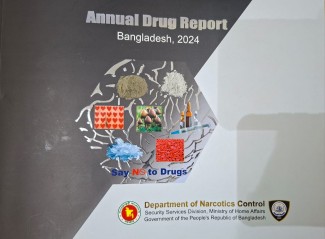
Webinar Reflection: Reimagining Prevention, The Role of Generative Artificial Intelligence
ISSUP, in partnership with the International Consortium of Universities for Drug Demand Reduction (ICUDDR), recently hosted an engaging and forward-looking webinar titled “Reimagining Prevention: The Role of Generative Artificial...
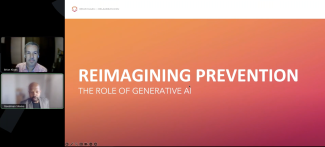
Cocaine & Fentanyl on Long Island
Cocaine-related harms on Long Island (Nassau & Suffolk) are increasingly polysubstance, with fentanyl present in most fatal cocaine overdoses in New York. Nationally, cocaine-involved mortality has nearly doubled since 2018. This fact sheet compiles verified NY/CDC sources and practical steps for families and providers: carry and train on naloxone, arrange benefits/transport to speed placement, screen for co-occurring mental health, and use evidence-based care (Contingency Management + CBT).
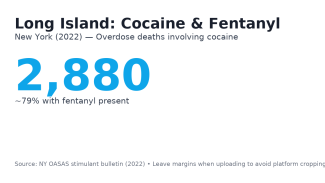
Tech-based health and social responses to drug problems
Objective: This webinar will explore how digital innovations are enhancing health and social support for people who use drugs. Participants will gain insights into how technology can bridge gaps in access, provide timely interventions and support vulnerable populations.
